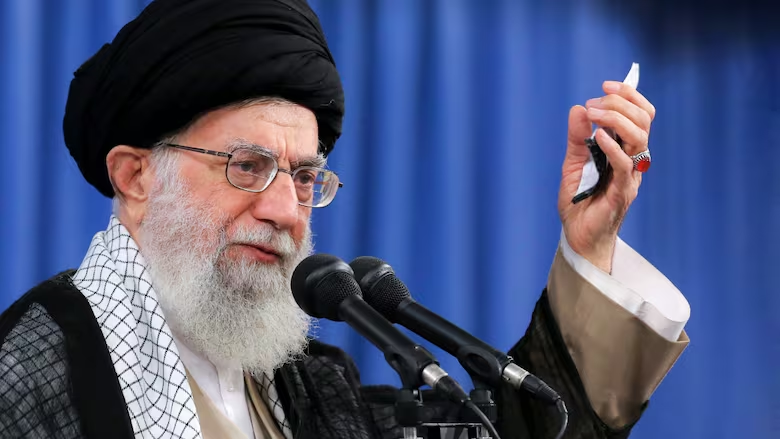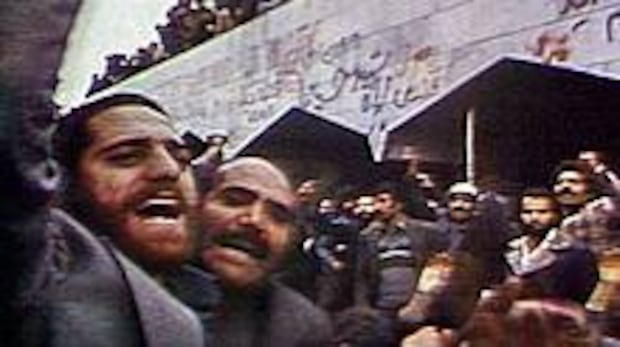Iran says it will pardon thousands of prisoners on occasion of revolution's anniversary
Iranian media reports some 50,000 could be freed or have their sentences reduced

A large number of prisoners in Iran will be pardoned on Thursday in honour of the 40th anniversary of the revolution that toppled the U.S.-backed Shah, Supreme Leader Ayatollah Ali Khamenei said on his Twitter account.
The number of prisoners that will be pardoned by Khamenei was not announced, but Iranian media earlier said around 50,000 prisoners will enjoy "the Islamic clemency."
The country is holding official celebrations for the anniversary of the 1979 Islamic Revolution that will culminate next Monday in a nationwide rally.
It was not immediately clear whether those who will be pardoned will include some of the hundreds of prisoners that human rights groups say have been jailed for political offenses.
Several dual nationals from the United States, Britain, Austria, Canada and France have been detained by Iran's security forces in past years and have been kept behind bars on charges including espionage and collaborating with hostile governments.
Many sentences not applicable
Khamenei has the final say on all state matters and issues pardons or reduces sentences of prisoners on special occasions.
Some prisoners would be released while others would have their sentences reduced.
According to judiciary website Mizanonline.com, the pardon covers a wide range of people, from those serving a year in jail to life in prison.
It said convicts in jail on armed opposition charges, kidnapping, rape, armed robbery, fraud, embezzlement, bribery, forging bank notes and coins, money laundering, smuggling and organized crimes will not be pardoned.
However, men above age 70 and women above age 60 as well as prisoners suffering from certain diseases could be pardoned, according to the website.
The revolution which swept Iran 40 years ago this month united influential bazaar traders, intellectuals and people of all classes against the U.S.-backed Shah Mohammad Reza Pahlavi's lavish lifestyle, secret police and Western-style social and economic reforms.
Under decades of rule by the Shah, the self-proclaimed "king of kings," a huge gap emerged between rich and poor: a 1971 party for world leaders in a specially created oasis only served to highlight the gulf.
During months of increasingly violent protests, Iranians chanted "Death to Shah" before Pahlavi and his wife, Empress Farah Pahlavi, left Tehran and flew to Aswan to Egypt on Jan. 16, 1979. He would die of cancer in Cairo the following year.
Watch from CBC's archives, Iran in turmoil as Shah departs:
With files from Associated Press
